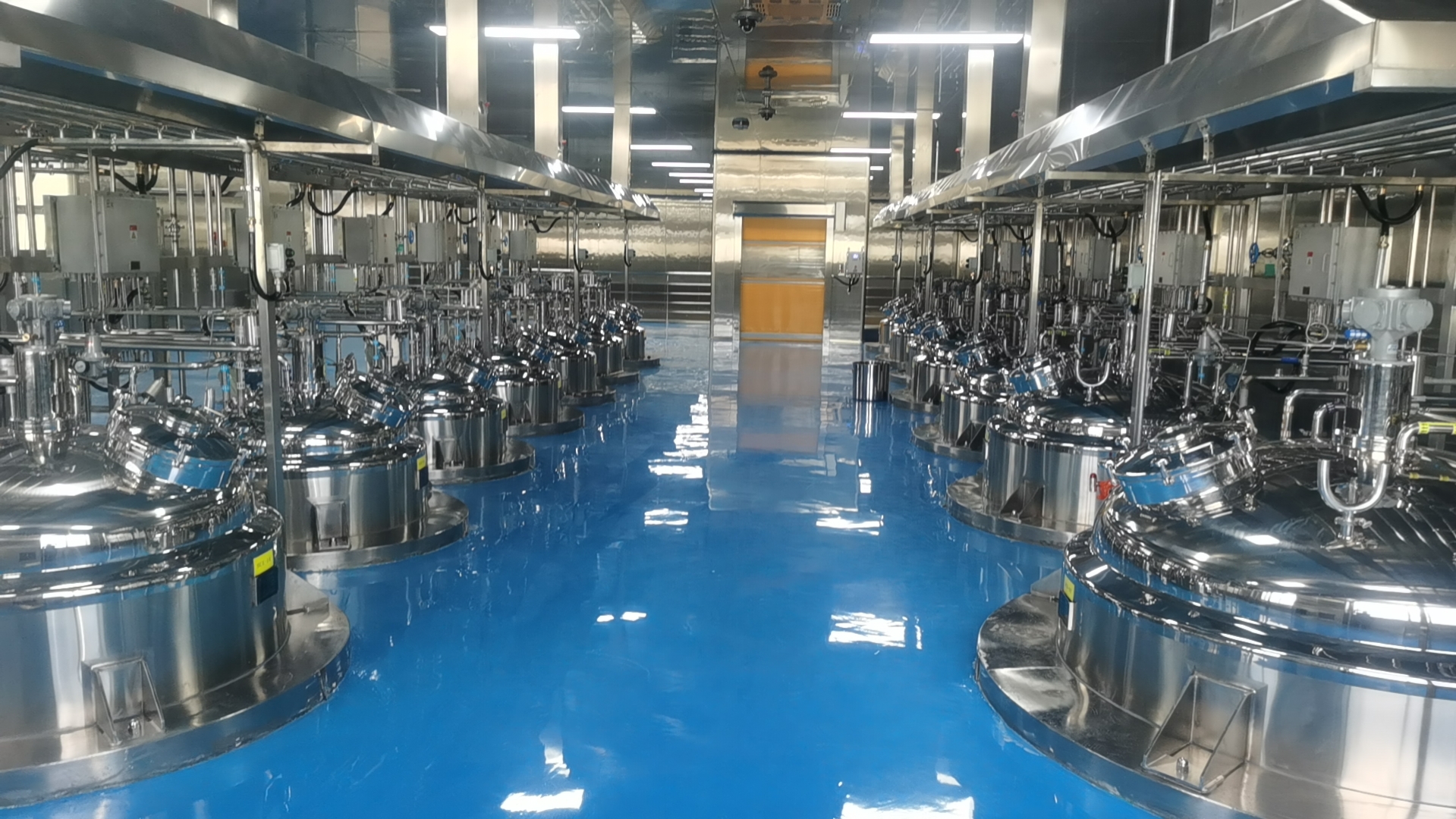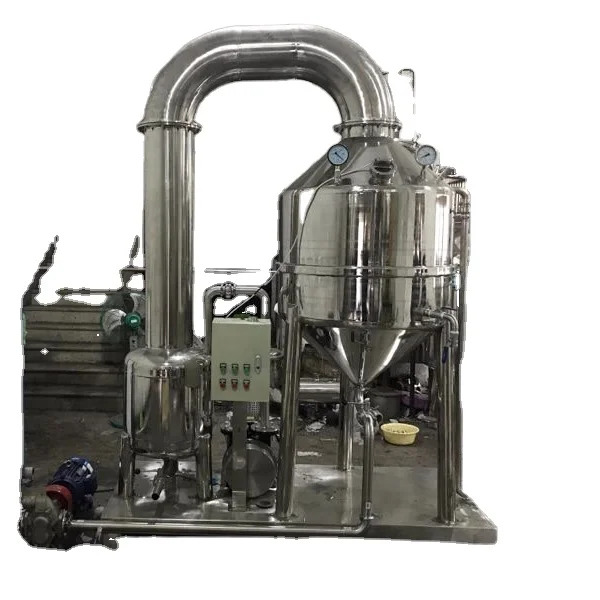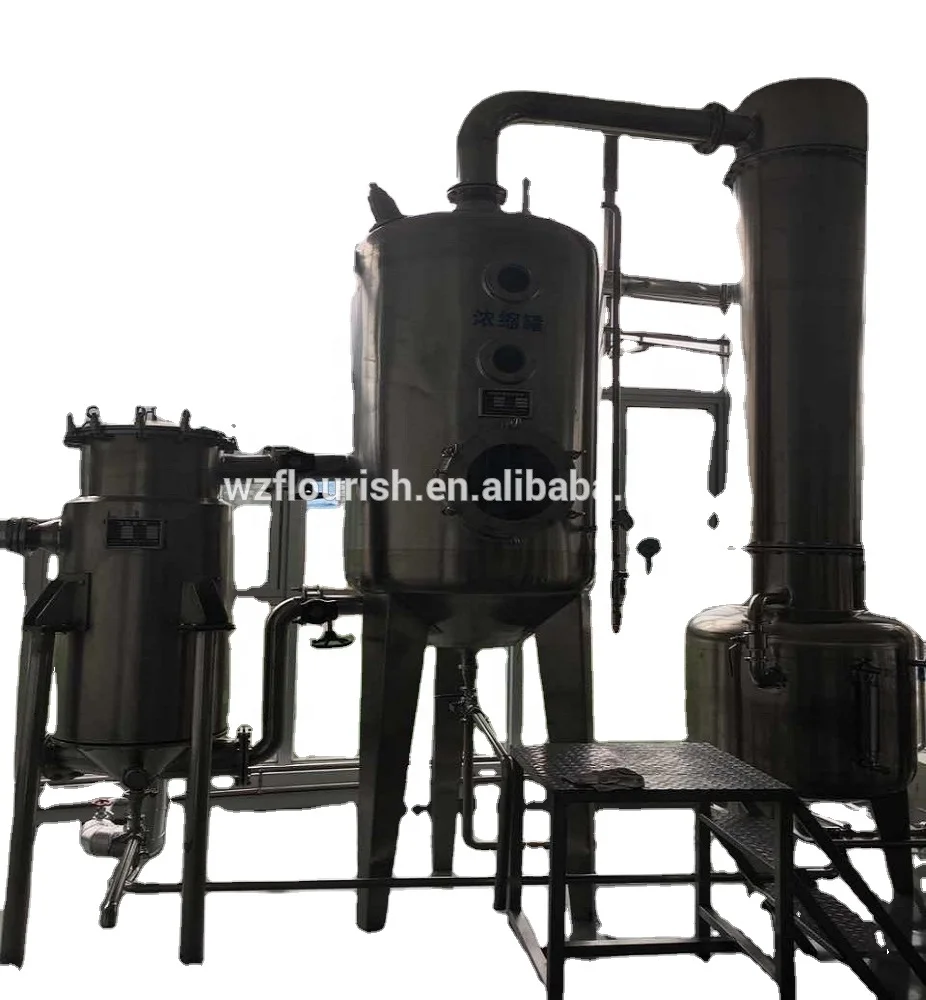
ABOUT
Wenzhou Vince Machinery Science Co., Ltd. was established in early 1980s. Our company covers an area of 6500 square meters and is an independent legal representative firm, possessing rich economic technology strength. Our company is a high tech enterprise and plays an important role in national dairy, foodstuff, pharmacy and machinery industries. We are a beverage machinery supplier.
Since the establishment, our company has mainly engaged in dairy products, foodstuff, beverage machinery, bean products, yellow wine, medicines and fermentation projects. What's more, our company supplies a complete sequence services in manufacturing, installation, test and personnel train, as well as the whole direction service design and consulting service on product project construction or enlargement artistic distribution engineering sets budget.
Single Effect Evaporator Design and Operation
Heat Transfer Considerations
Efficient heat transfer is paramount in evaporator design. The heat transfer area, typically provided by a heat exchanger (e.g., a calandria), directly impacts the evaporation rate. The design must consider the specific heat capacity of the feed solution and the latent heat of vaporization of the solvent. Proper baffling and flow distribution within the evaporator are crucial to maximize heat transfer and prevent fouling.
The choice of heating medium (e.g., steam) also plays a significant role. Steam pressure and temperature dictate the available heat driving force, affecting both the evaporation rate and energy consumption. Optimizing the temperature difference between the heating medium and the boiling liquid enhances efficiency without compromising equipment integrity.
Feed and Product Characteristics
The properties of the feed solution heavily influence evaporator design and operation. Viscosity, boiling point elevation, scaling potential, and fouling tendency all need careful consideration. High viscosity solutions require larger heat transfer areas or special design features to ensure adequate heat transfer. Scaling and fouling necessitate regular cleaning or specialized materials to maintain efficient operation and prevent downtime.
The desired concentration of the product dictates the required evaporation rate and overall size of the evaporator. Careful control of the process parameters is essential to achieve the target concentration while preventing product degradation or unwanted side reactions.
Operational Aspects
Operating a single effect evaporator involves precise control of several parameters. Steam pressure, feed rate, and product concentration are key variables that influence the evaporation rate and product quality. Monitoring these parameters using sensors and instrumentation is critical for efficient operation and process optimization.
Regular maintenance, including cleaning and inspection, is necessary to ensure the long-term efficiency and safety of the evaporator. Fouling and scaling can significantly reduce heat transfer efficiency, leading to increased energy consumption and potential equipment damage. Preventative maintenance reduces downtime and operational costs.
SUBSCRIBE
INQUIRY





